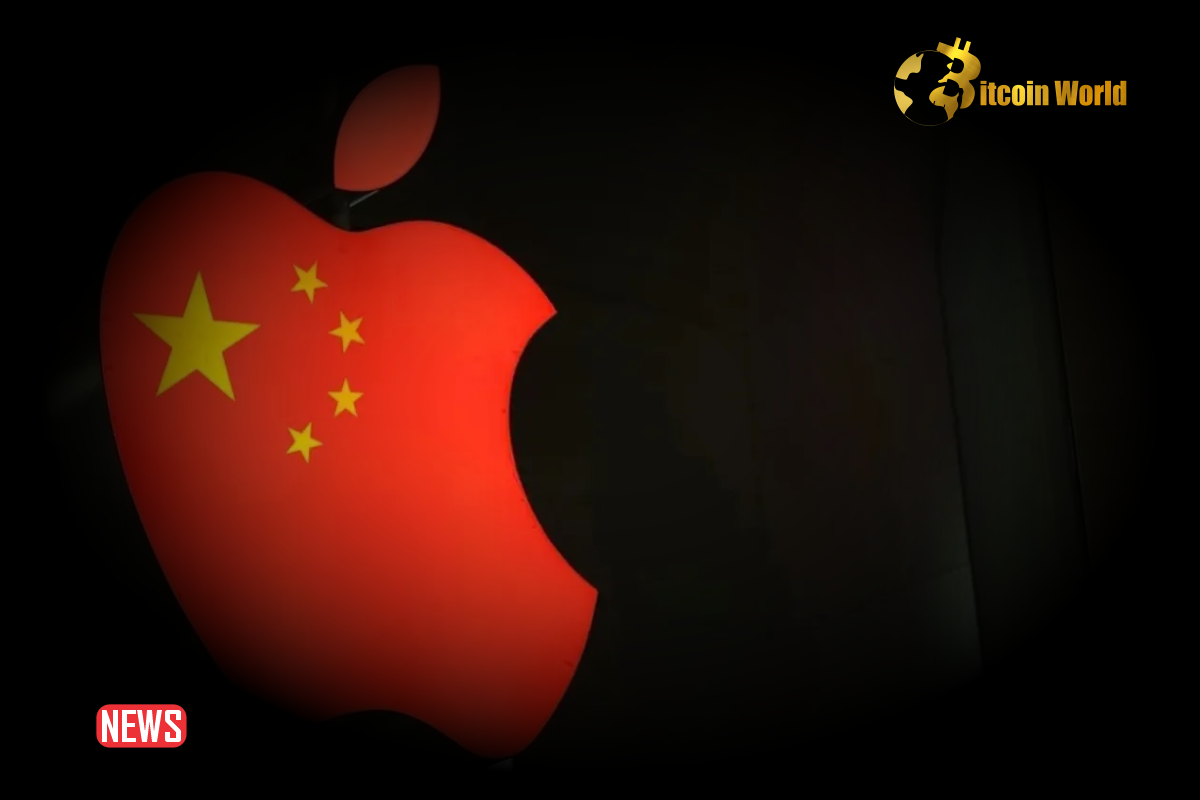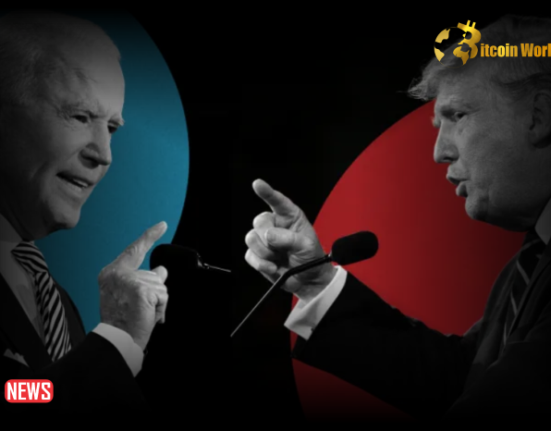- Apple sees dwindling demand in China as strict regulation in China weighs on Apple’s AI push.
- Demand is already depressed due to competition from local smartphones like Huawei.
- Analysts project a tough environment for Apple in China.
Apple’s plans of becoming an AI market leader are facing trials in one of its critical markets, China, due to a strict regulatory framework for AI. Apart from Beijing’s tight control of AI technology, Apple also faces tough competition from Huawei and other Chinese smartphones.
The AI market in China is heavily regulated, posing challenges for tech firms like Apple, while other major AI players like OpenAI’s ChatGPT are already banned, although users access it via VPN.
Apple Sees Dwindling Demand In China
Apple has introduced new AI features to enhance user experiences but has also experienced a slowdown in demand in China. Its share during the first quarter of 2024 fell to 15% from 20% during the same quarter last year.
The tech giant introduced Apple Intelligence, which rolls out in the US this fall and is the iPhone maker’s big “play that aims to bring AI across devices.”
It features an enhanced Siri, Apple’s voice assistant while there are other features that automatically organize emails, transcribe and summarize audio recordings.
However, Apple did not say anything about the product offering in China during its annual developers conference.
Bryan Ma, vice president of devices research at IDC told CNBC that this could be because of Beijing’s strict AI rules, and Apple trying to “figure out how to approach the complex market.”
Bryan Ma said,
“China is in another world when it comes to AI given the regulatory environment there, so China is a big asterisk on Apple’s big announcements last week.”
According to CNBC, China has put in place several legislations in the past few years to cover areas like data protection and large language models (LLMs). Some of the rules require that LLM providers get approval for commercial use of their models as well as “taking down illegal” content.
Tough Environment To Navigate
The regulations in China require Apple to first get approval for its AI model. This is because Apple Intelligence features are based on its own language model, which runs on both phones and company servers.
Apple announced that Siri can tap into ChatGPT for some requests.
However, ChatGPT is prohibited in China, which means Apple will have to look for another local partner.
This, according to CNBC, leaves companies like Baidu and Alibaba as Apple’s potential partners. The two tech firms already have their own LLMs and voice assistance.
Although Apple later indicated the company was committed to bringing its product even to China after meeting regulatory requirements, CCS chief analyst Ben Wood thinks navigating the Chinese market would be a tall order for Apple.
He said,
“Localizing the Apple Intelligence experience will be a major challenge for Apple.”
“As with all technology deployments, there are nuances to the way the service is delivered to respect the specific customs, regulations, and use in a particular country,” added Wood.
Another challenge is privacy, and the market awaits to see if Apple will fully own its server. Neil Shah, a partner at Counterpoint Research is of the view that maintaining privacy in a highly regulated environment is tough.
“It’s going to be challenging for Apple to have fully controlled private computer servers in China,” said Shah.








